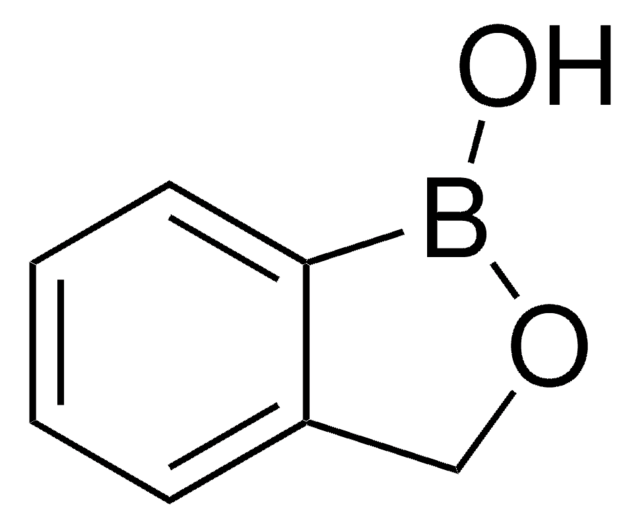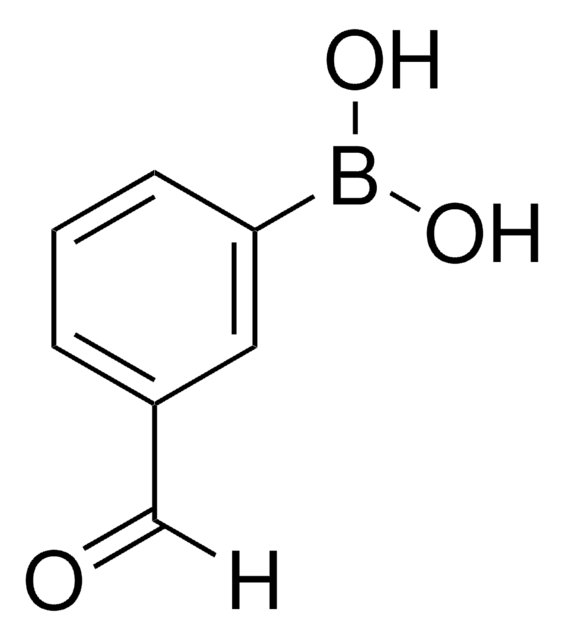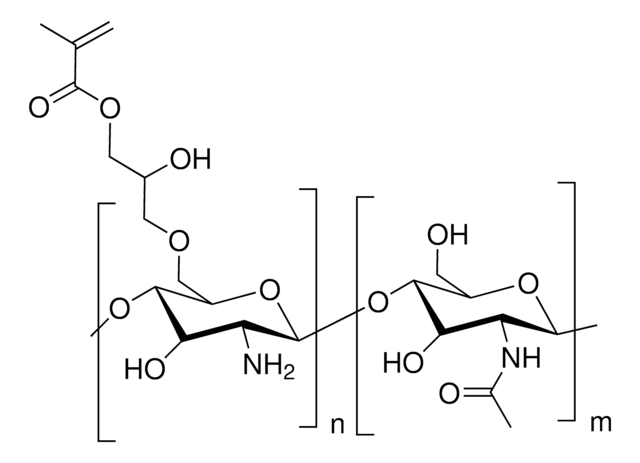683817
2-Formylphenylboronic acid pinacol ester
97%
Synonym(s):
2-(4,4,5,5-Tetramethyl-1,3,2-dioxaborolan-2-yl)benzaldehyde
About This Item
Recommended Products
Quality Level
Assay
97%
form
liquid
refractive index
n20/D 1.5143
density
1.0532 g/mL at 25 °C
storage temp.
2-8°C
SMILES string
[H]C(=O)c1ccccc1B2OC(C)(C)C(C)(C)O2
InChI
1S/C13H17BO3/c1-12(2)13(3,4)17-14(16-12)11-8-6-5-7-10(11)9-15/h5-9H,1-4H3
InChI key
SLJMPQLPRHIAOM-UHFFFAOYSA-N
Application
- Profluorescent probe applicable for the detection of H2O2 and Fe or Cu ions in living cells.
- Boronic acid pinacol ester derived nickel porphyrin, which is used to synthesize molecular spin switches and electron transfer dyads.
- Fluorescein hydrizido 2-imidophenylboronic ester, a fluorescent sensor prochelator applicable in the detection of copper ions.
Signal Word
Warning
Hazard Statements
Precautionary Statements
Hazard Classifications
Eye Irrit. 2 - Skin Irrit. 2 - STOT SE 3
Target Organs
Respiratory system
Storage Class Code
10 - Combustible liquids
WGK
WGK 3
Flash Point(F)
>230.0 °F
Flash Point(C)
> 110 °C
Personal Protective Equipment
Certificates of Analysis (COA)
Search for Certificates of Analysis (COA) by entering the products Lot/Batch Number. Lot and Batch Numbers can be found on a product’s label following the words ‘Lot’ or ‘Batch’.
Already Own This Product?
Find documentation for the products that you have recently purchased in the Document Library.
Our team of scientists has experience in all areas of research including Life Science, Material Science, Chemical Synthesis, Chromatography, Analytical and many others.
Contact Technical Service









